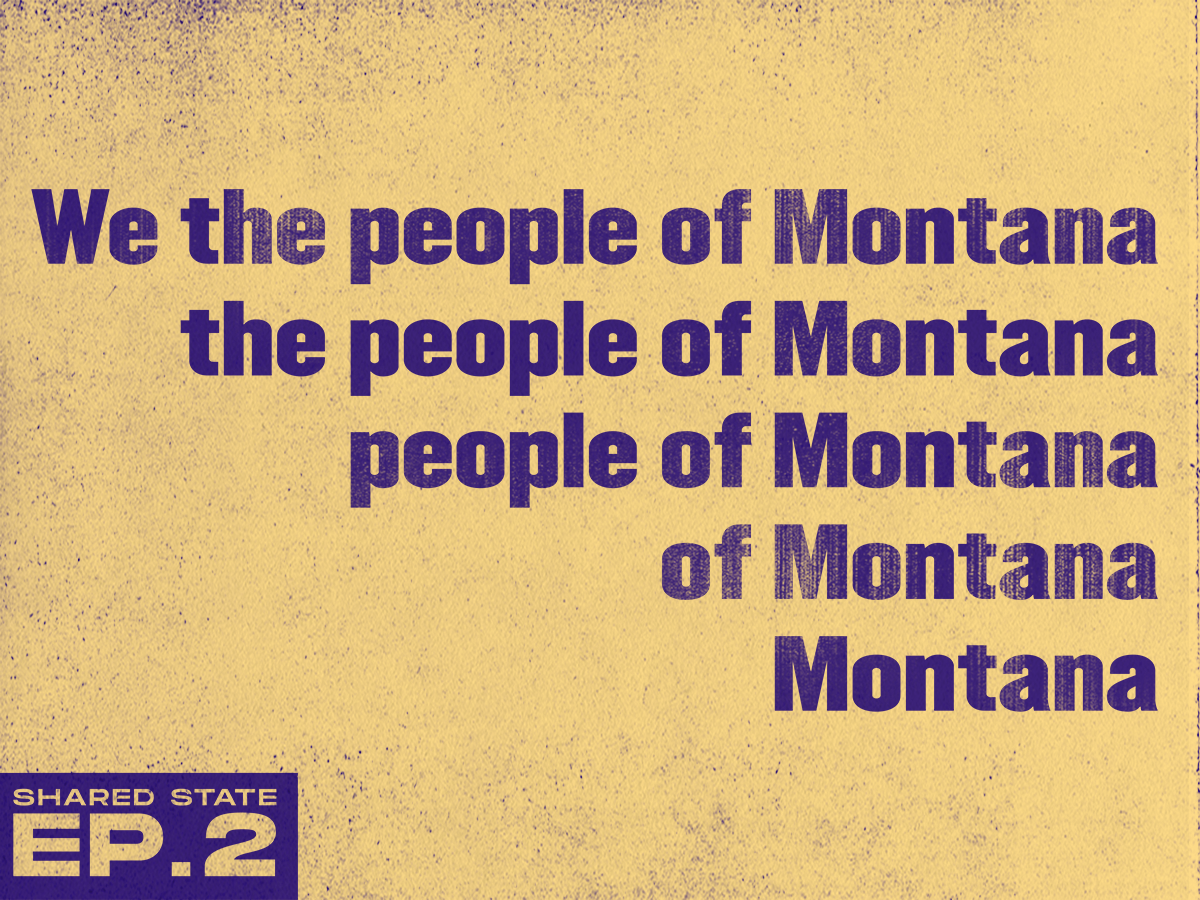

Here, the earnest but short-sighted hero is the U.S. I’ve been on a John McPhee binge lately, so I’ll cite “ Atchafalaya,” the colossal New Yorker story that’s also the first chapter of his book The Control of Nature. The Quest narrative is common in science stories: Scientist sets out on a journey of discovery, faces obstacles, and ultimately overcomes them (or not). (Rabinowitz told the story himself in this performance on the Moth stage.) (“They’re not in your underwear by accident. They’re nation-building.”) For a different kind of struggle against a very different kind of monster, listen to “ Just Another Fish Story,” a gem of a radio piece about a small Maine town’s attempt to cope with a beached whale.Ī wonderful example of the Rags to Riches narrative at work in an environmental story is “ Wild Eyes,” a Radiolab piece about big-cat conservationist Alan Rabinowitz and his lifelong connection with animals. For one recent and hilarious example, check out this story from Esquire about Argentine ants.

The Overcoming the Monster narrative often shows up in invasive-species stories. I’ve found some good ones, and I’d love to hear about more. You know how it goes: The Lorax speaks for the trees, the rest of us keep buying thneeds, and for hope all we get is the Once-ler’s last seed.Īre there other ways to tell environmental stories? With Christopher Booker’s Seven Basic Plots as a field guide, I’ve been searching for examples of environmental journalism with other-than-tragic narratives - archetypal frameworks that still fit the facts, but startle the reader out of his or her mournful stupor. But I wonder if environmental journalists, steeped as we are in bad news, reach too quickly for the Lorax narrative. There’s not a whole lot to like about water pollution, or crop failures, or mass extinction. There’s a lot of genuine tragedy on the environmental beat, and it doesn’t take a partisan to see it. I’ve spent a lot of time this past year thinking and writing about extinction, which means I’ve also spent a lot of time drinking thinking about the tragic narrative in environmental journalism.


 0 kommentar(er)
0 kommentar(er)
